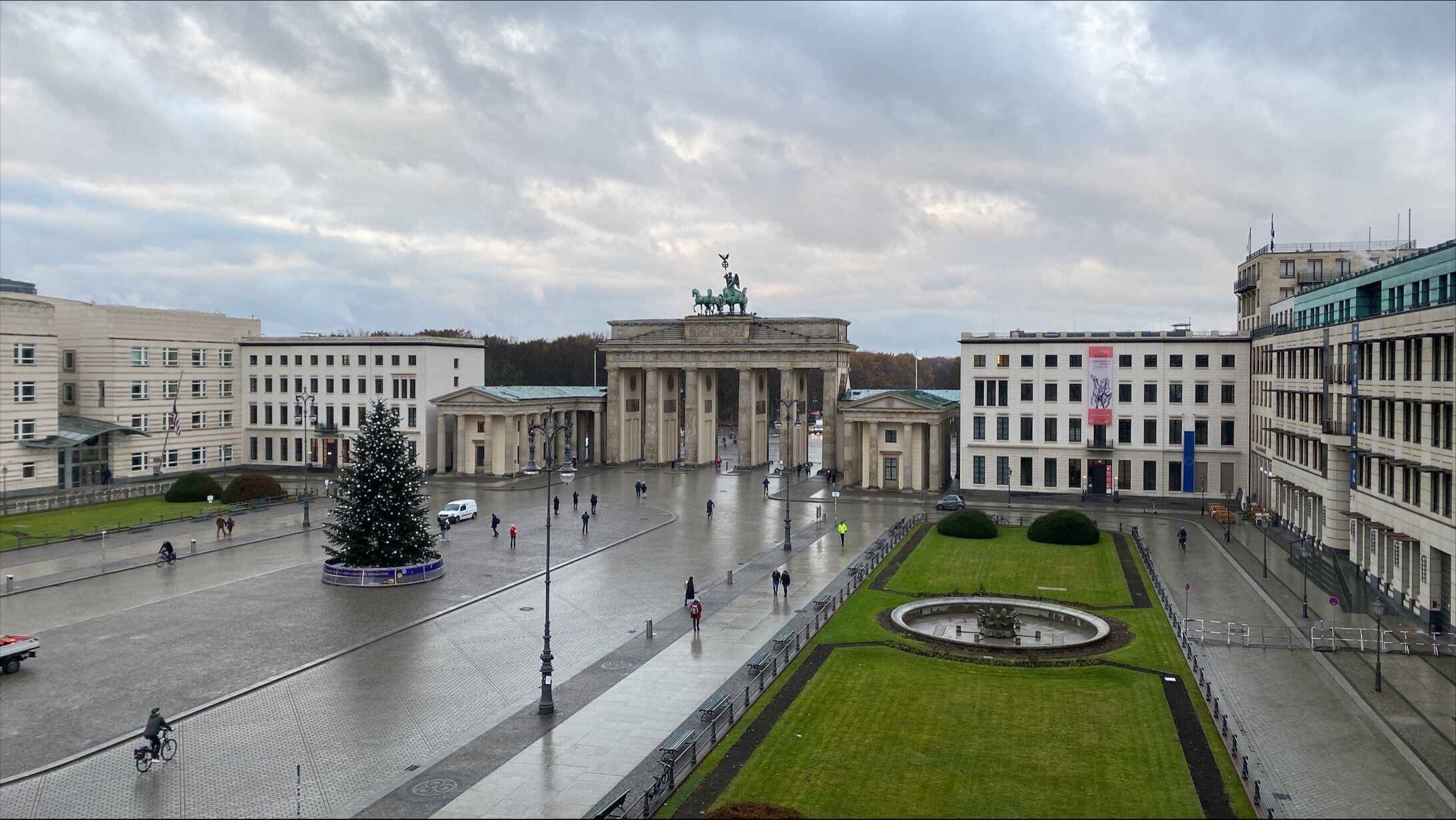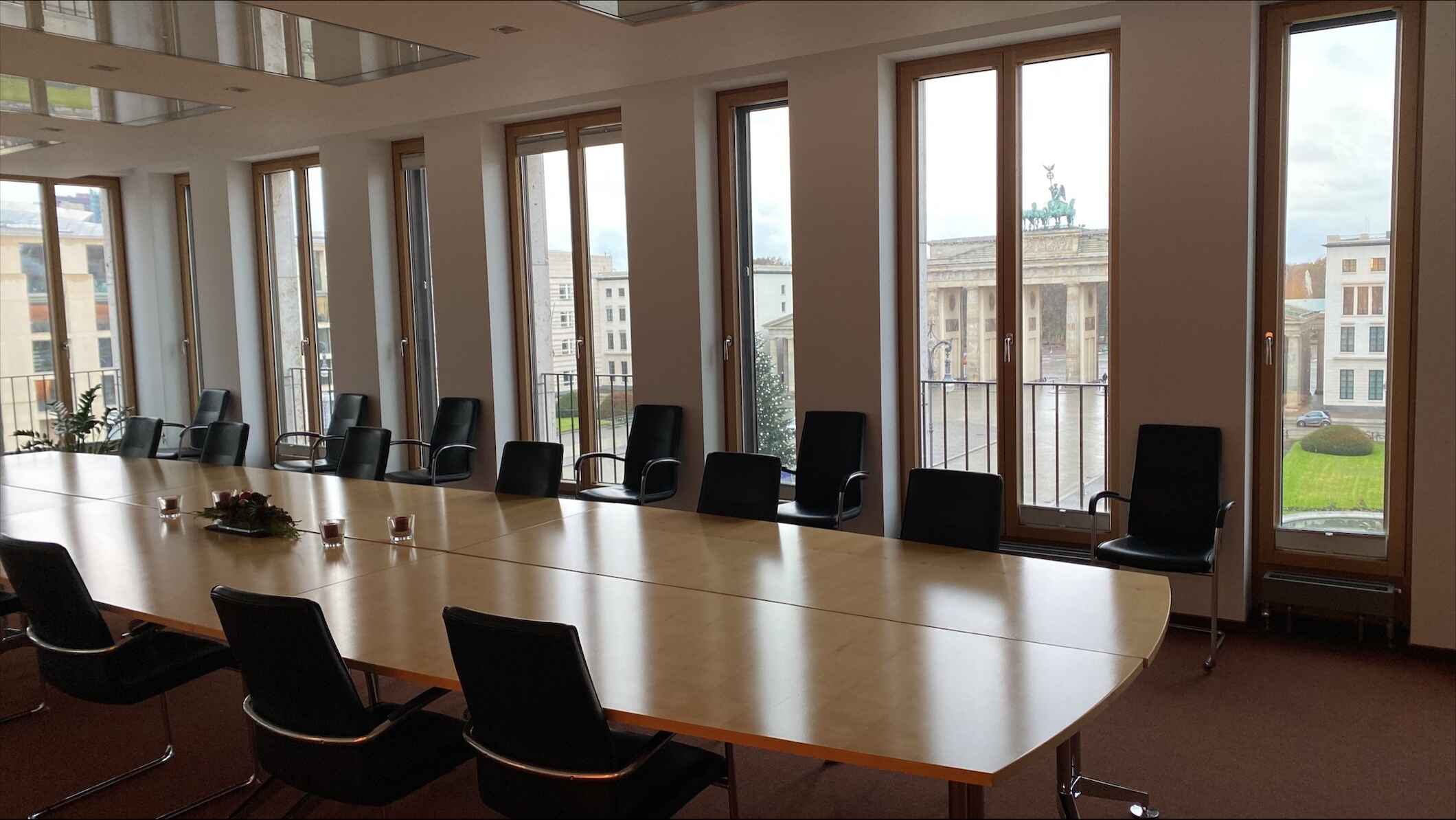
Photo: privat
History & Politics Roundtable – The Baltics and Germany
The Russian invasion of Ukraine has brought strategic and geopolitical issues of the Baltic Sea back on Germany’s radar. How would Germany respond to taking on a regional leadership role in geopolitics and military, given historical reluctance? What historical pretexts need to be taken into account when thinking about strategy and security in the Baltic Sea region?
These questions were on the agenda of a roundtable held in Berlin on November 14, 2022. Around 25 participants, including politicians, diplomats, historians and defence analysts from Germany, the Baltic region and the UK, discussed geostrategies and formative historical legacies in the Baltic Sea region. The roundtable was jointly organized by the Körber History Forum and the Centre for Geopolitics at Cambridge University.

The Forgotten Sea
The topic for the first half of the roundtable focused on Germany’s self-perception and how that informs its role in the Baltic region. The key message from our participants was that the Baltic has been a ‘forgotten sea’ in Germany’s regional view. Although the Baltic has witnessed intense Germanic activity for several centuries, the Cold War Federal Republic chose to turn westward in its worldview, leaving the Baltic to be the concern of other states.
The Iron Curtain was the crucial barrier which cut Bonn off from Baltic affairs, and it still appears that a barrier remains for Berlin. Even after the end of the Cold War, the maritime space did not become a strategic arena and certainly not a major naval concern for Germany.
The Baltic Sea as a Security Space
Many of the participants argued that other countries have viewed the space completely differently. Although, the Baltic region has not always been a priority for Britain, it has at least been prepared to consider it as a space for naval activity. For the Baltic Sea states, the threat of Russia has always rendered the Baltic a security space. Their representatives have argued that Ostpolitik should be reconstituted to take into account their security needs.
Although the roundtable participants recognised that Zeitenwende has been a long process that began well before 2022, this re-assessment of Ostpolitik has been a gradual process which has not been accompanied by a substantial military or naval commitment.
Although an Ostseepolitik might entail Germany’s view of the Baltic becoming less orientated towards Russia, the Ostpolitik of countries such as Poland, Latvia, Lithuania and Estonia, is no-less dominated by their large neighbour. Managing or confronting Moscow was a key topic of the discussion. It appears clear that Baltic countries still want Germany to be looking at Russia but through a Baltic lens.
Does Germany take security in the Baltics seriously?
The second discussion focused on the Baltic region as a whole and the historical experiences which have shaped its geopolitics. Members of the roundtable from the Eastern Baltic impressed that the Ukraine war is a Baltic war, which Baltic nations are fighting vicariously. This perspective has been formed through the experience of the Iron Curtain and previous Russian imperial expansion.
The effects of hybrid warfare, Russian propaganda initiatives and Europe’s dependence on Russian energy, adds to this sense of conflict on a continental stage. Germany’s commitment to security and reforming energy has been welcome, but otherwise there is a fear that Germany does not take Russia’s geopolitical threat to the Baltic seriously enough.
The roundtable was followed by a rich discussion during a reception hosted by the British embassy, who had been invited to observe the afternoon’s events. The Körber History Forum and the Centre for Geopolitics will continue the debate on Ostseepolitik and the power of the past on the present in 2023.